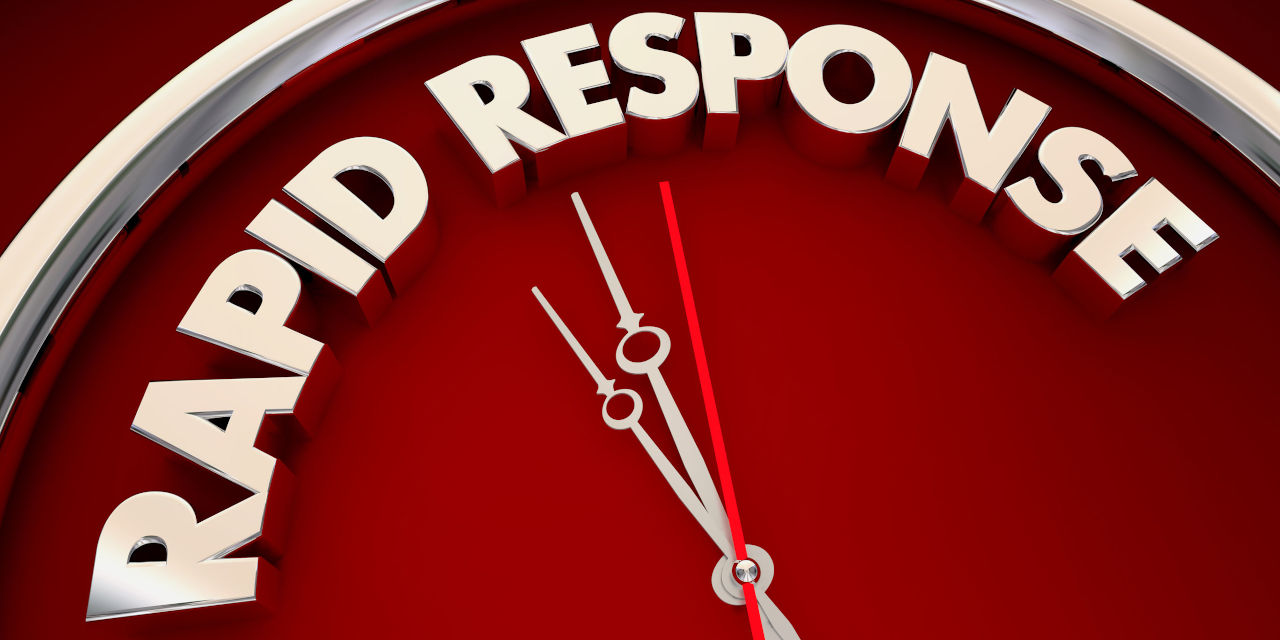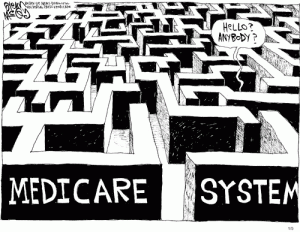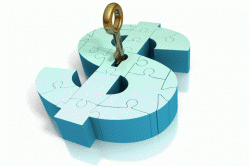By Elizabeth George
Emergency response planning is just one of those activities — it needs to be done yet it’s sometimes hard to energize people to focus on it, especially when there are so many other issues to tackle. Right now.
It reminds me of The Urgency Importance Matrix, a tool Stephen Covey developed years ago for his book, The 7 Habits of Highly Effective People (one of my keepers). The matrix is based on a principle shared in the day by former U.S. President Eisenhower who was quoted as saying, “What is important is seldom urgent and what is urgent is seldom important.”
Sometimes we put the most important tasks on the back burner because they aren’t urgent or at least don’t seem urgent.
Guilty as charged.
But we’ve experienced enough crises over the past few years — including natural disasters that have seriously affected communities and residents — that emergency preparedness is top of mind for most of us now.
Crisis Management Right Now
I connected with RCare, a global provider of wireless nurse call systems and personal emergency response systems, and a Senior Living Foresight partner. I wanted to hear about the role they’re playing in the COVID-19 crisis, what they’ve learned and what they can share with others.
“It’s really all about developing solutions for emergency situations and leveraging that learning to increase readiness for the next one,” says Myron Kowal, CEO of RCare. “We invented our Rapid Deployment Kit to help out during the Ebola outbreak a few years ago. Today, it’s being used as a solution by many of the country’s top healthcare organizations that have had to create makeshift hospitals in non-conventional settings to care for COVID-19 patients.”
The need to establish temporary accommodations and interim solutions during a crisis is also a familiar scenario for senior living communities. During the Paradise, California, wildfires, for example, many communities needed to be evacuated with residents and staff housed temporarily in hotels while their communities were under threat.
Says Myron, “When an emergency of any sort occurs, there are a million things to be done quickly and very little time to do them. The Rapid Deployment Kit is a nurse call system in a box that we developed with this environment in mind. It’s able to be installed quickly and is easy to operate.”
RCare’s Rapid Deployment Kit is fully programmed for up to 40 patients and 4 caregivers. Expansion kits are also available.
Two Considerations
Myron suggests two considerations when communities are planning future emergency response strategies. “Communities need to be ready with temporary solutions that will help get them through a particular crisis as it’s happening,” he says. “They also need to make sure their data is being protected and secured so they can get back to operating quickly and efficiently once the crisis has passed.”
RCare’s Disaster Recovery Program assists communities with hardware protection and data backup. A data backup plan, along with disaster recovery and emergency mode operation planning, are requirements of federal HIPAA and state regulations.
Being a small part of the solution has been a source of pride for RCare. Says Myron, “We may be a small cog in the wheel but we’ve been happy to play a role in helping people affected by COVID-19 get the care they need.”
To learn more about RCare’s Rapid Deployment Kit, hear from Myron Kowal or visit RCareinc.com.








